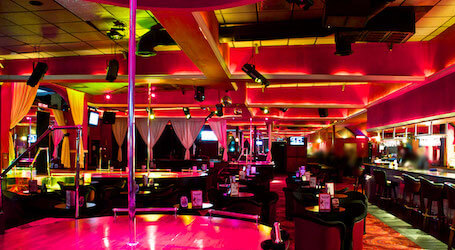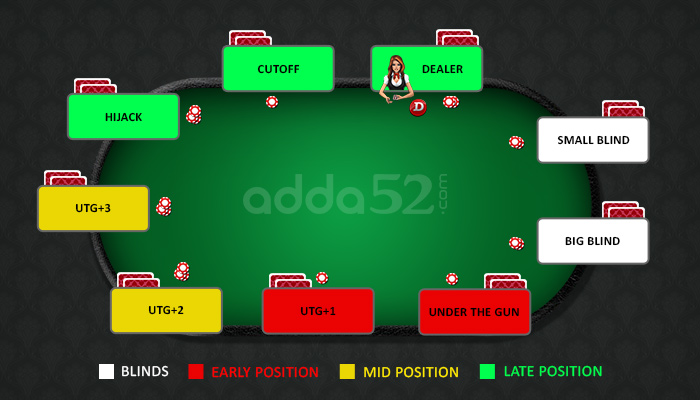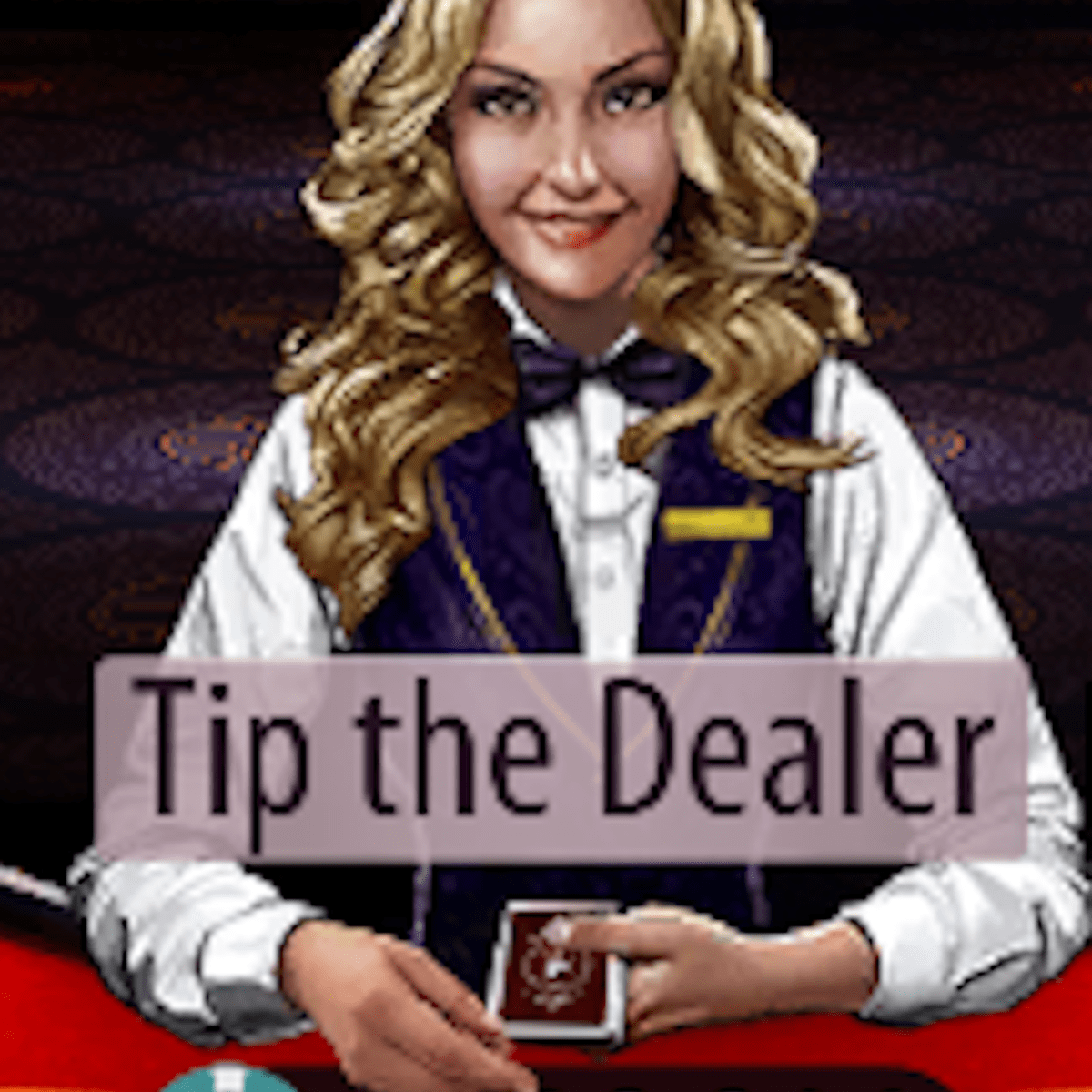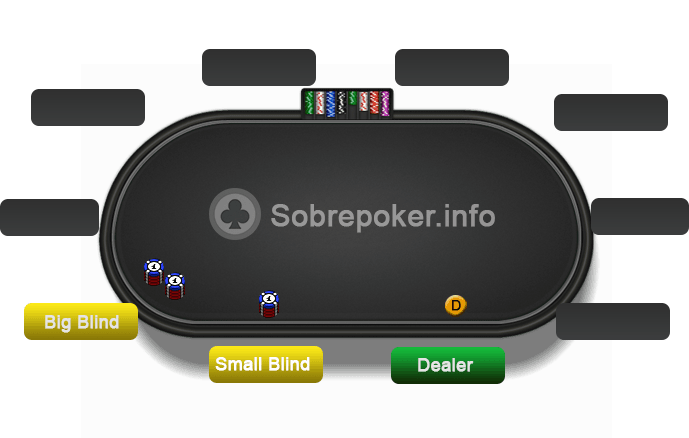What Does The Dealer Do In Poker

If the player wins both hands the dealer pays out the amount staked by the player. If the dealer wins one hand and the player wins the other no money changes hands. This is called a 'push'. If the dealer wins both hands the dealer wins the player's stake. The responsibilities of a casino dealer vary by workplace but typically involve dealing cards for games such as poker or blackjack, operating the roulette wheel or assisting patrons on the slot. The Rules of Poker Poker is a game of chance. However, when you introduce the concept of betting, poker gains quite a bit of skill and psychology. (This isn't to say that there isn't skill at poker when nothing is at risk, there just isn't nearly as much).
Misdeals
- The following circumstances cause a misdeal, provided attention is called to the error before two players have acted on their hands. (If two players have acted in turn, the deal must be played to conclusion, as explained in rule #2)
- The first or second card of the hand has been dealt faceup or exposed through dealer error.
- Two or more cards have been exposed by the dealer.
- Two or more boxed cards (improperly faced cards) are found.
- Two or more extra cards have been dealt in the starting hands of a game.
- An incorrect number of cards has been dealt to a player, except the top card may be dealt if it goes to the player in proper sequence.
- Any card has been dealt out of the proper sequence (except an exposed card may be replaced by the burncard without such action causing a misdeal).
- The button was out of position.
- The first card was dealt to the wrong position.
- Cards have been dealt to an empty seat or a player not entitled to a hand.
- A player has been dealt out who is entitled to a hand. This player must be present at the table or have posted a blind or ante.
- Action is considered to occur in stud games when two players after the forced bet have acted on their hands. In button games, action is considered to occur when two players after the blinds have acted on their hands. Once action occurs, a misdeal can no longer be declared. The hand is played to conclusion and no money is returned to any player whose hand is fouled.
When I first started playing poker, I was solely an online player. In fact, it was about two years before I even thought about playing in a live game. Then, I discovered a local “Pub Poker” tournament and decided to give it a try. In my initial outing, I had no clue what it meant to “burn” a card or that it even existed. It took some rather “tough love” from my playing partners to figure out how it worked.
Eventually, I discovered that burning cards are an important part of Texas Hold’em and variant of poker that involves play over multiple streets. In fact, there is more than one reason cards are burned and each is an integral part of the game. This article will explain everything that I have learned about the subject so far.
A poker dealer (or croupier) is responsible for the distribution of cards and chips to players during a poker game. They maintain the flow of the game and ensure that the rules are followed.

How To Be The Dealer In Poker
There are up to 3 total burn cards in a Texas Hold’em poker hand. Before dealing the flop, turn, or river, the dealer is required to take the top card from the deck and burn (discard) it. The burn card is never to be shown to the players, as it could influence future decision-making. This practice is required in all multi-street games, not just Hold’em, whether at a casino or a casual home game. The purpose of the burn card is to prevent cheaters from gaining an advantage with marked cards.
Do You Burn a Card Before Dealing to the Players?
No. Once the deck is cut, the dealer deals the first card directly off the top of the deck. The only time a card is burned is immediately before dealing the flop, turn, or river. No more than 3 cards should ever be burned during a hand of poker.
What Is the Exact Sequence the Cards Are Dealt?
The playing of a poker hand generally adheres to the following 6 step ritual. The following routine is the same no matter where or who you play with. Stick to this sequence and you can be sure you are burning the correct cards at the right times.

- The Shuffle Before playing, the cards are generally shuffled at least 4 times.
- The Cut In most games, the player to the dealer’s right is given the option of cutting the cards.This is where the deck is split into two halves with the bottom half being placed over and on top of the top half. In casinos, the dealer almost always does the cut. You are not generally allowed to ask to cut the cards since the casino wants the players only to be able to touch the cards dealt to them.
- The Deal The dealer then begins dealing to the Small Blind and continues around the table in a clockwise fashion until everyone has the required number of cards (2 for Texas hold’em).
- The Flop After the pre-flop betting round concludes, the dealer then burns 1 card and places it face down on the table in front of him, near where the deck of cards rests. He then deals the next 3 cards face up on the table, called the “flop”.
- The Turn Once the action is closed on the flop, the dealer then burns another card and places the next card (just 1) face up on the table, called the “turn”.
- The River After the action closes on the turn, the dealer burns the final cards and places the next card in the deck on the table, called the “turn”. This is the third and final burn card.
Where Do I Put the Burn Cards While Dealing?
Generally, you can put them anywhere you want, just not back in the deck. Sometimes, I see dealers set them in the muck. My advice is to have a nice neat pile next to the spot you keep the deck. That way, as you deal, everyone at the table can be sure that you have burned the cards like you are supposed to. This simple way of storing the cards will end a lot of disputes over the burn cards. Even so, everyone occasionally makes a mistake and forgets to deal to a particular person or even has a burn card oversight.
What If I Forget to Burn a Card?
It depends on when someone notices the card wasn’t burned. If the betting for the round has already been completed, then the actions stand and you continue on as normal. If someone notices before a bet is made, then the card that was supposed to be the burn is set aside as a new card is dealt.
If there is any dispute as to whether a card was burned or not, the casino floor is typically called over for a decision. In home games, there is no hard and fast rule for dealing with this type of dispute. Hopefully, your buddies are friendly enough to just come to a mutually agreed upon decision, so you can move on.
If you are looking for a simple way to resolve the issue, here is something I’ve seen done in the past. Basically, you just put the incorrectly dealt card back into the remaining undealt cards and reshuffle the deck. Then, continue as normal and burn and turn the next street. This ends all conversation about whether someone was cheating or not by not burning a card.
Other Benefits of the Burn Cards
While burn cards were originally intended to counter card marking, there are two additional secondary uses.
What Does The Dealer Do In Poker Winnings
- Preventing Second Dealing The first is another anti-cheating purpose to prevent something known as second dealing. This is when a player knows the top and then chooses to deal the second card instead, hoping for a better outcome than the first card would have given. A good example of this is when either the dealer or another player has a flush or straight draw. Second dealing effectively gives that player two changes at making their hand, unfairly increasing their odds of winning.
- Correcting Irregularities I really like this rule, as it speeds up the game. An example of an irregularity is when a card is accidentally flashed or turned over during dealing. In this case, the dealer is to pull the offending card aside to be used as the burn card for the flop. The player who was supposed to get the misdealt card then receives a replacement once all of the other cards have been distributed. An exception to the rule is when the card is flashed or turned over while being given to players in the blinds. In this case, a misdeal is announced, and the cards have to be reshuffled to start again.
Do Burn Cards Affect Probabilities?
No. Probabilities are determined by figuring out the math based on known cards and unknown cards. It doesn’t matter where the unknown cards are, whether in the muck, in the burn pile, or in another player’s hand. Unknown is unknown. The only way that the probabilities can be affected by the burn card is that it is seen by someone, either deliberately or accidentally.
If the Discarded Cards Are Named Burn Cards, What Are the Flop Turn and River Called?
Community, or common, cards. These cards are shared by everyone else at the table and used to make the best 5 card hand. The two cards that you hold in your hand are called “hole cards”.
Summary
After reading this, you now know exactly how to deal the cards in Texas Hold’em, including when to burn a card and where to put them during the hand. My advice for dealing newbies is to take it slow during your turn to deal, and don’t be afraid to ask if you are unsure about something. Before you know it, pitching the cards will become second nature, and you will be able to do it without even thinking.

Good luck at the tables and thanks for reading.